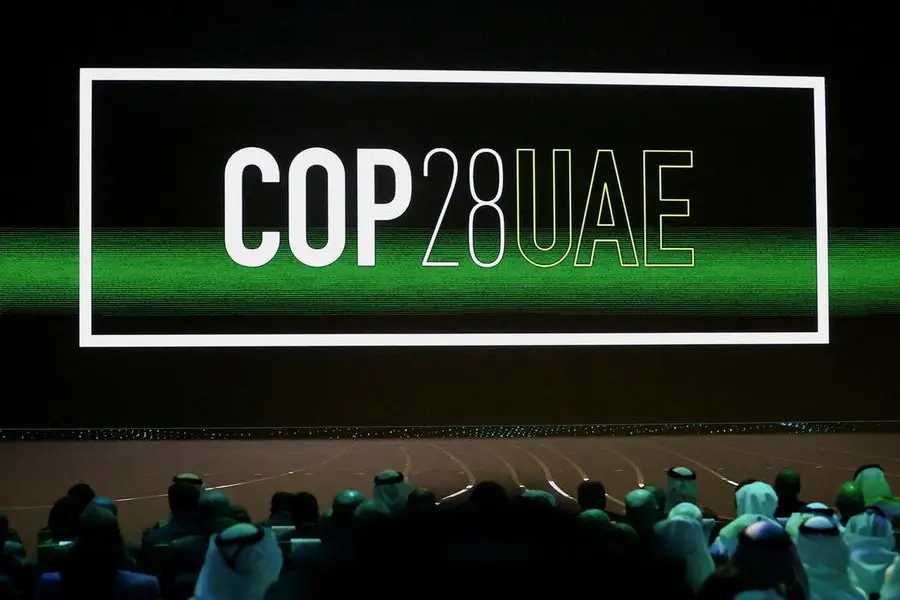PHOTO
ABU DHABI - The Federal Authority for Nuclear Regulation (FANR), in coordination with the International Atomic Energy Agency (IAEA), hosted the “Climate Change Challenges to the Safety of Nuclear Installations” session during the 28th UN Climate Change Conference (COP28), taking place in Dubai from 30th November until 12th December.
During the session, FANR’s Director of Nuclear Safety, Sara Al Saadi, delivered a presentation regarding its Transformational Project titled “Integrated Operational Nuclear Safety (IONS)”, whose aim is to ensure the development of infrastructure that will bolster the safety and resiliency of nuclear facilities against the negative effects of climate change.
The IONS will be an environmental and climate monitoring system that will offer real-time operational status of the Barakah Nuclear Power Plant, monitoring of sea levels and temperatures in the Arabian Gulf waters, and integration with the IAEA’s Event Notification System, and will be supported by AI-driven analytics.
The project seeks to enhance nuclear safety in the face of climate change by leveraging predictive tools, to be developed in coordination with the Mohammed bin Rashid Space Centre (MBRSC), to monitor potential climatic and environmental threats. FANR also outlined the need for coordination with national and international entities, such as the IAEA, the National Centre of Meteorology (NCM), and the Ministry of Climate Change and Environment (MOCCAE).
“The new thing now is the rapidly changing environment putting more pressure on all of us to get prepared for issues that were not considered likely before,” said Christer Viktorsson, FANR’s Director-General.
To ensure such a system is capable of achieving such goals, FANR plans to work with its national and international partners to ensure that the system integrates remote sensing, satellite imagery, and meteorological data that will enable it to monitor the levels and temperatures in the Arabian Gulf’s water as well as the patterns of marine organism swarms, which could pose threats to nuclear safety.
In addition, FANR will work closely with its partners to enhance its emergency preparedness and response mechanisms with regard to climate change-related safety risks, and to ensure that the capabilities, goals, and importance of the system are communicated effectively to all relevant stakeholders.
Following the presentation, Al Saadi engaged in a panel discussion where she shed light on the lessons learned by the UAE from its experience operating a nuclear power plant with regard to managing the effects of climate change, as well as methods to enhance the climate monitoring systems for nuclear facilities.
The development of IONS is in line with FANR’s mandate to protect the public and the environment from the harmful effects of radiation.





















